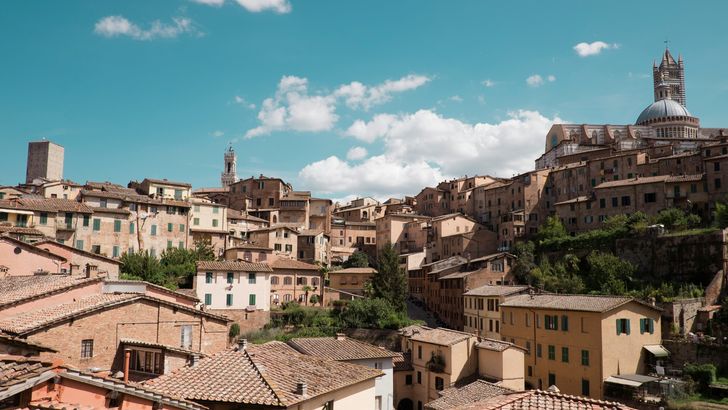For people who have suffered from disordered eating at any end of the spectrum (I’m talking from anorexia-nervosa to yo-yo dieting, binge eating to food anxiety), normative eating can be a LOT of work. Recovery is not something you really ever “finish”. Even when you’ve quit your destructive behaviors, you have to remain aware of your triggers and hold your healthy coping mechanisms tight so that you don’t get tempted back down a spiral of food issues. Basically, you have to constantly check to make sure you’re taking care of your mental and emotional health while you choose and eat your foods.
A big part of my recovery journey was attending a retreat by Eat Breathe Thrive and listening to podcasts like Food Psych by Christy Harrison. Through both, I learned about the dangers of the wellness industry and the health crazes it promotes (think juice cleanses, fasts, and elimination diets). These sorts of things are almost never necessary for health, sometimes even doing more harm than good by putting you below your basal-metabolic rate (or RMS). Most frightening, however, is that they can have the detrimental effect of instilling or exacerbating food issues in many people.
So what’s the big fuss about veganism?
“Lifestyle changes”, like veganism or “clean eating”, can easily serve as socially acceptable ways to cover up diets. Vegan diets are often a guise that allows recovering individuals to perpetuate their disordered eating behavior (they can question waiters, deny food at parties, and heavily restrict without anyone blinking an eye).
As I wrote in another article, restriction deeply affects our brains. It makes our reward centers over responsive, increases our temptation, and inevitably leads to binge (which then leads to further guilt, shame, and anxiety over the restricted food). The only way to avoid such effects of restriction is to give yourself full permission to eat all foods (which I write about here). You can see, then, why veganism is a bit problematic.
And last but not least, there’s the risk of orthorexic behaviors developing in a well-meaning vegan dieter. According to the National Eating Disorders Association (NEDA), orthorexia is the unhealthy obsession with being healthy. Unfortunately, with the popularity of the wellness craze, these sort of behaviors are all too often normalized in our society. When we talk about things like veganism we have to recognize that many people come to veganism after the onset of an eating disorder as a way to further restrict and control themselves. Orthorexia can be an unintended side effect for someone who already has obsessive tendencies.
Knowing all this and being so openly opposed to diets, I’ve been scared to fully commit to a vegan diet. As someone in recovery, I want to protect my mental health. I also wish to maintain my anti-diet philosophy. But the fact remains that I can no longer ignore the ethical dilemma of eating animal products. My heart is feeling the strain of the gap between my values and my current lifestyle. So how do I make the vegan switch in a way that’s healthy for someone still in recovery? For me, it’s all about being aware of the potential dangers and working hard to combat them with the following steps:
1. Don’t expect to be vegan overnight.
Anything done all at once is bound to fail, and that failure can be emotionally and mentally draining. When I went vegetarian, I took it in small steps. First I cut out red meat. Then I only ate meat when it was served to me, but I stopped cooking it for myself. It took a year or so for me to be completely vegetarian, but it felt natural rather than forced, and the slow changes never greatly interrupted or burdened my life. Make a plan and attack veganism one step at a time, at your own pace.
2. Focus on adding, not subtracting.
Find substitutes for the things you love (ice-cream and cheese if you’re like me) before getting rid of the non-vegan versions. That way you don’t ever create a sense of deprivation.
3. Be flexible and non-judgmental.
Observe yourself with compassion and always forgive yourself when you start to feel like you’ve done something wrong. Remember that there are no rules here, so there’s nothing to break. All you can do is try your best and improve as you go along.
4. Recognize that food is social and have an action plan for group settings.
Unfortunately, most people aren’t vegans. When you go out, know your options so you never have to be left out. It can be helpful to start with social veganism-- This means you’ll only cook vegan for yourself, but when you’re not in charge of food preparation for whatever reason, you just eat vegetarian. I personally always bring a frozen black bean burger to BBQs and veggie dogs to campfires, but I still eat brownies at parties even if they have eggs in them. That way I can still participate and won’t have to choose between going hungry or compromising my values, but I also know that restricting desserts is a trigger for me and will lead to a binge.
5. Set realistic expectations.
Your every meal will not and should not be photograph-able, regardless of what vegan blogs make you think. Find pleasure in the simple meals, too, and know that you don’t have to spend a bunch of money on fancy ingredients to be vegan. Also, know that being vegan does not mean you will eat perfectly every meal, and that’s okay. Forgive yourself for that one snack you didn’t know had whey powder and remember that vegans get to be “unhealthy” sometimes, too (fried food and desserts are still on the table, ya’ll)!
6. Do it for something bigger than yourself.
There are so many worthwhile reasons to go vegan, environmental, ethical, and health concerns among them. But it’s that last one we have to be careful with. Veganism is not just your next health craze to latch onto, it’s so much more. If you go vegan because you have a passion for sustainability or animal rights, you are much less likely to turn it into an obsession over body size and the like.
7. Don’t forget that veganism is not a diet.
It’s a lifestyle. And if you’re doing it solely for health reasons, understand that talking about nutrition can only be healthful after you’ve gotten rid of the diet mentality. Within diet culture, the nutrition voice will become a critical voice rather than an ally or something that comes from a place of self-care. If you let veganism turn into a diet, a set of rules that come from a place of self-control rather than from a place of self-care, then you are doomed to fall back into disordered eating.
If you’re aware of the dangers, you can monitor yourself and prevent them. First of all, be honest with yourself about if you’re ready or not to change your eating habits once again. If you just quit dieting, only recently made a commitment to normative eating, or you’re new to recovery, you shouldn’t even be worrying about these things right now. First and foremost you need to focus on your mental health and building a strong foundation for a healthy relationship with food-- something that cannot be built in the midst of restriction.
Veganism is not for everyone at every time in their life. It’s important to be ready emotionally and mentally for a diet change, not just physically. If you think you might want or need extra support, or if you’ve ever suffered from an acute eating disorder, I would recommend including your therapist in your journey to veganism. At least clue in a friend or family member, or someone who knows about your complicated relationship with food, so that you have a sort of accountability-buddy to check up on your health as you go through this process.
And for those out there who are already vegan: Acknowledge these implications when you share your vegan message. Increase your awareness of mental health and eating disorders when it comes to veganism, and make sure you aren’t creating one problem while trying to fix another.

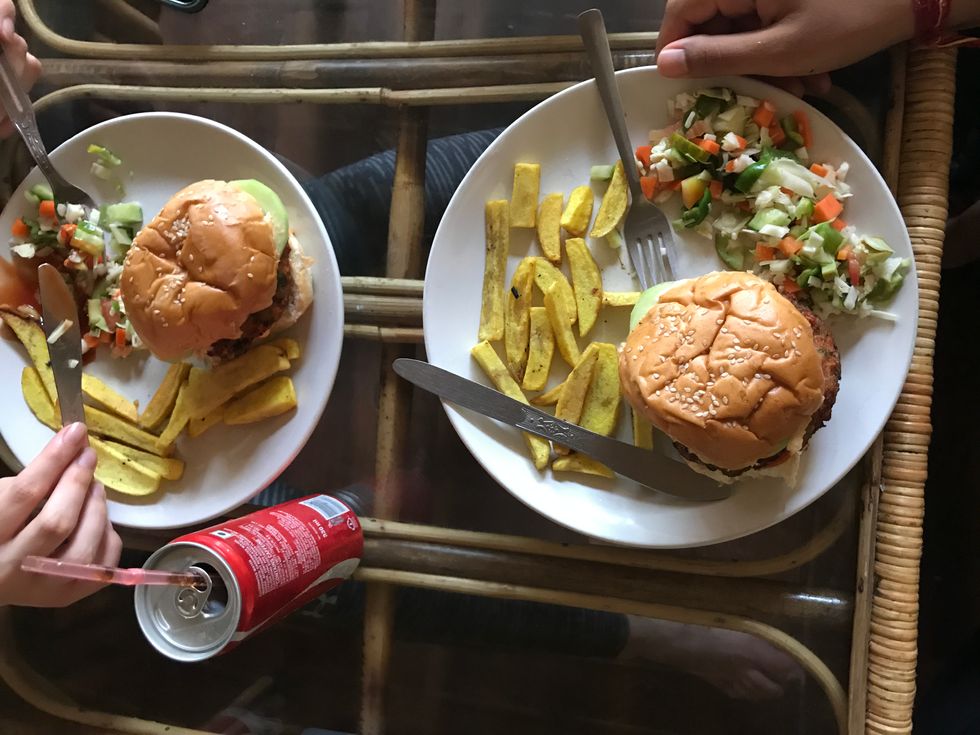


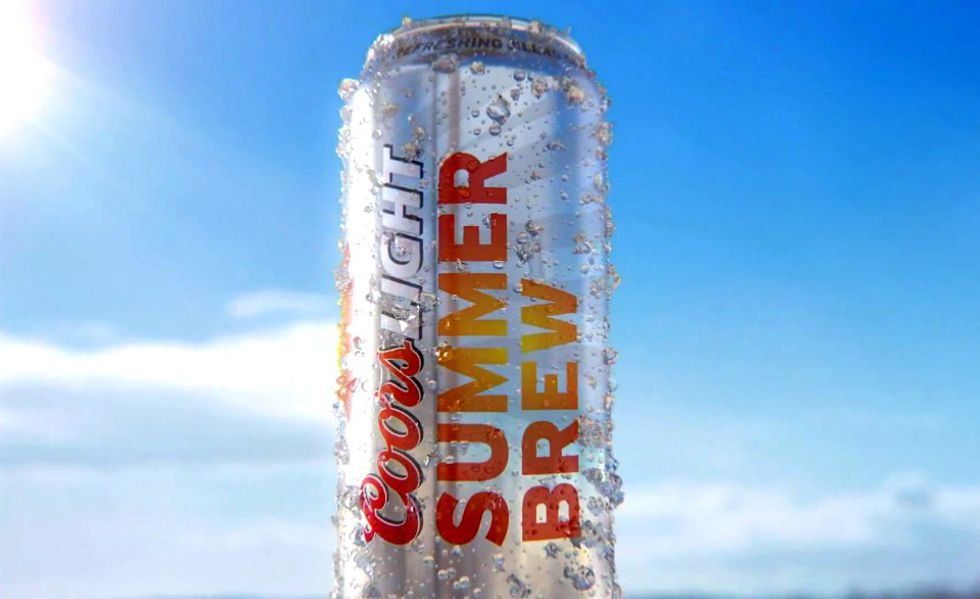
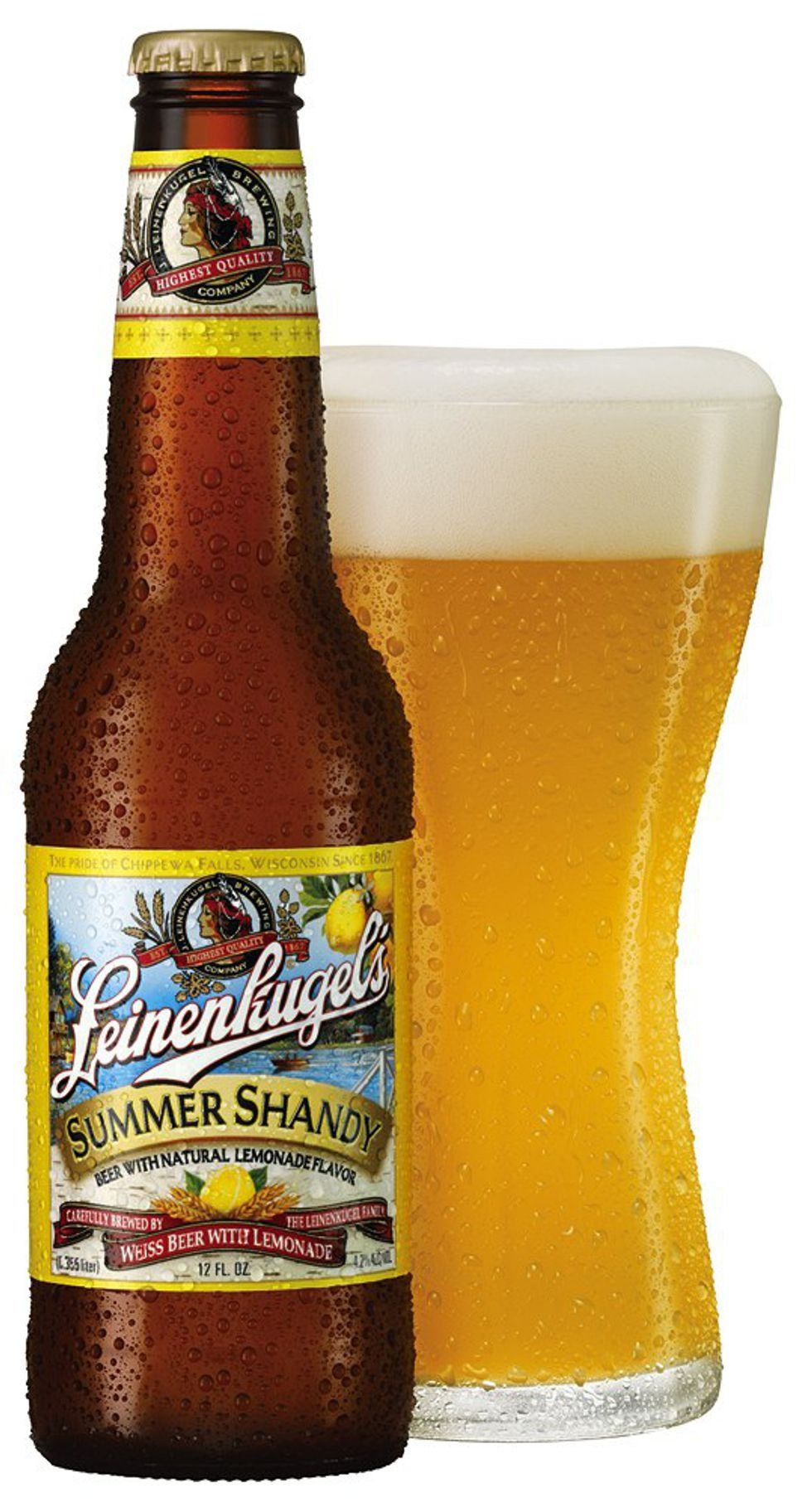
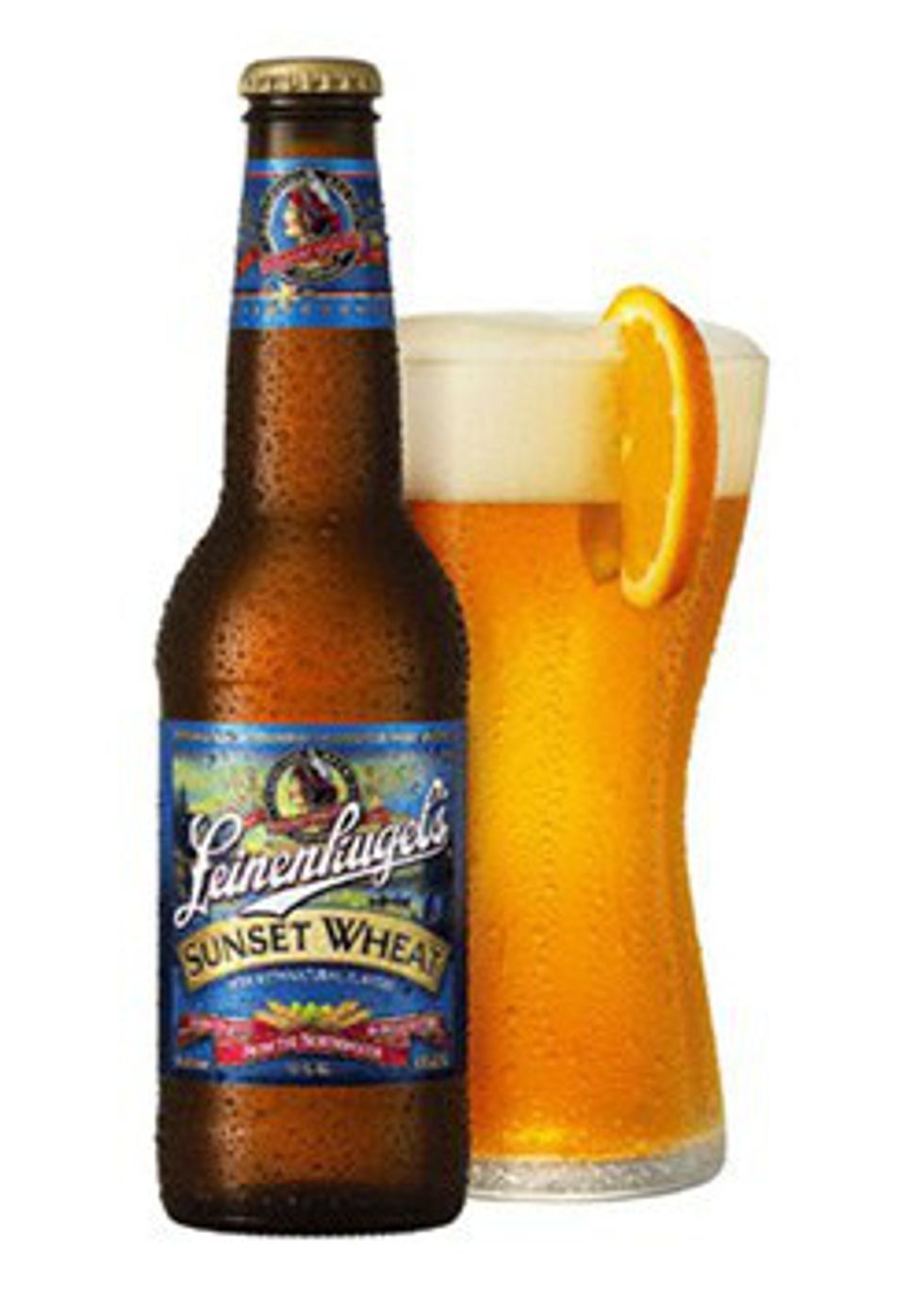



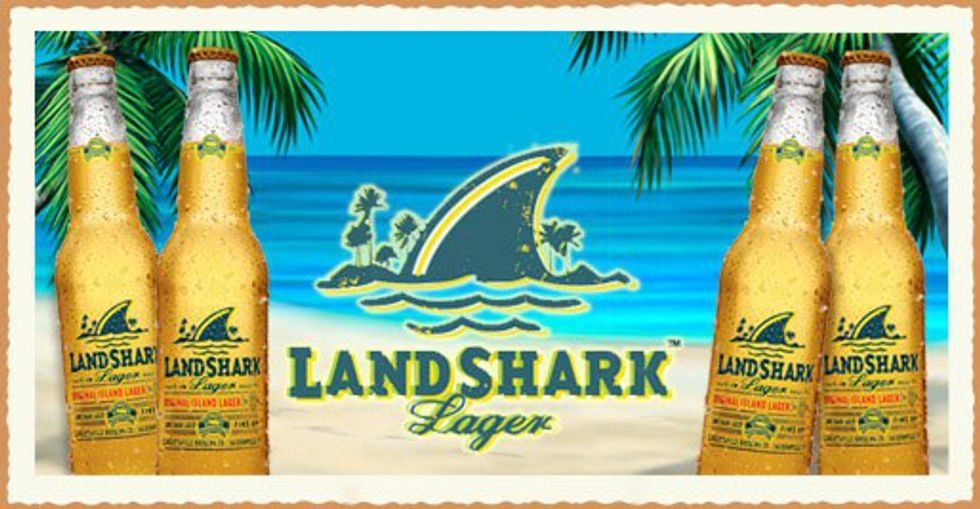
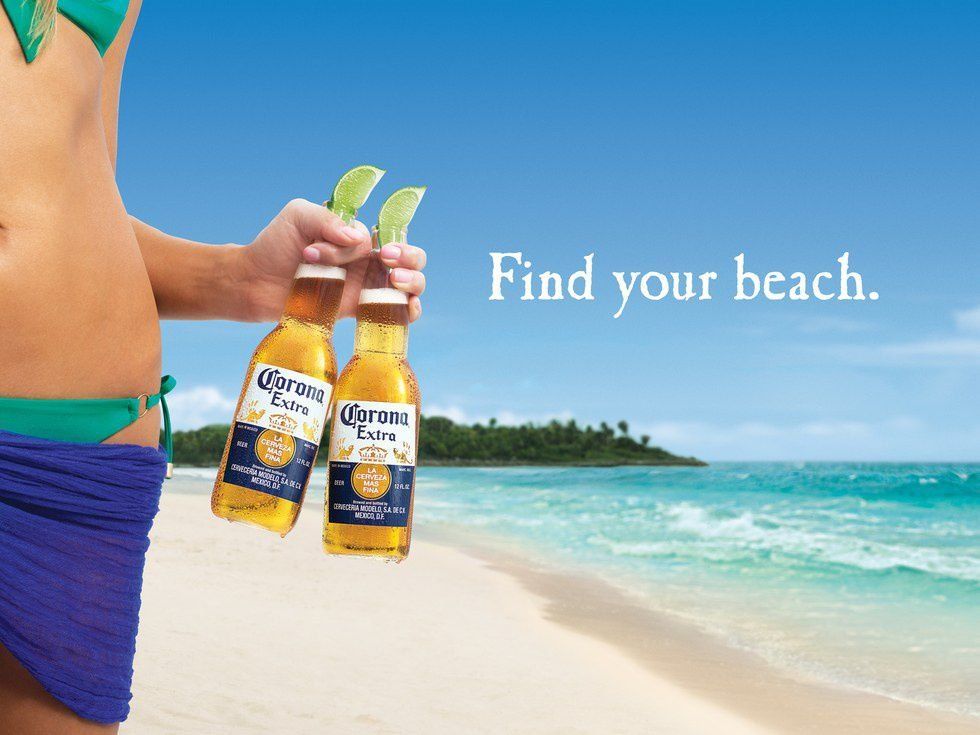

 Photo by
Photo by  Photo by
Photo by  Photo by
Photo by  Photo by
Photo by  Photo by
Photo by  Photo by
Photo by  Photo by
Photo by 


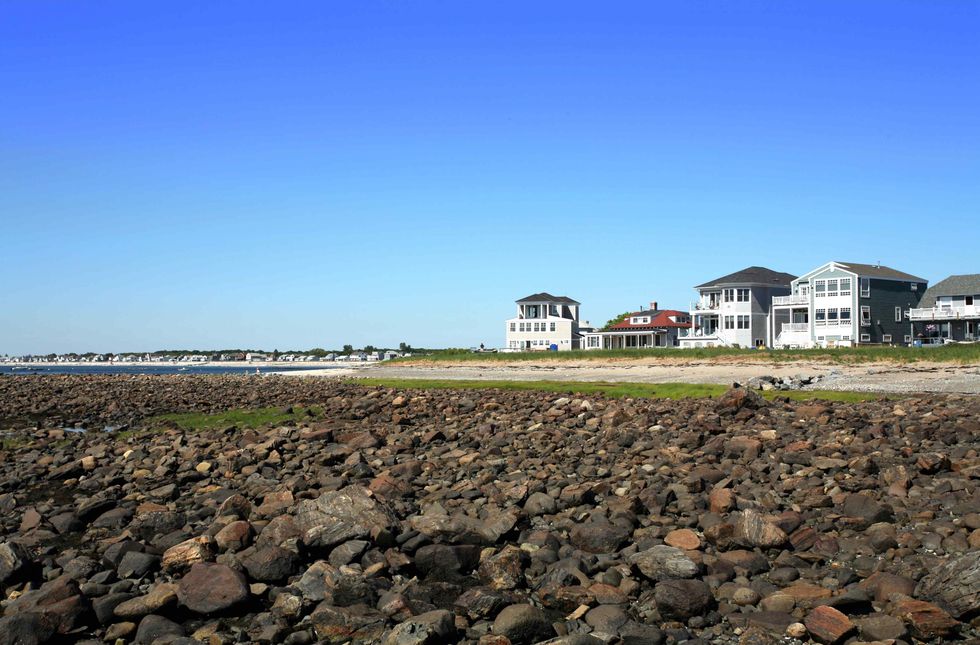 File:Hampton Beach, New Hampshire - low tide - panoramio.jpg ...
File:Hampton Beach, New Hampshire - low tide - panoramio.jpg ... fire on fire pit during night time
Photo by
fire on fire pit during night time
Photo by 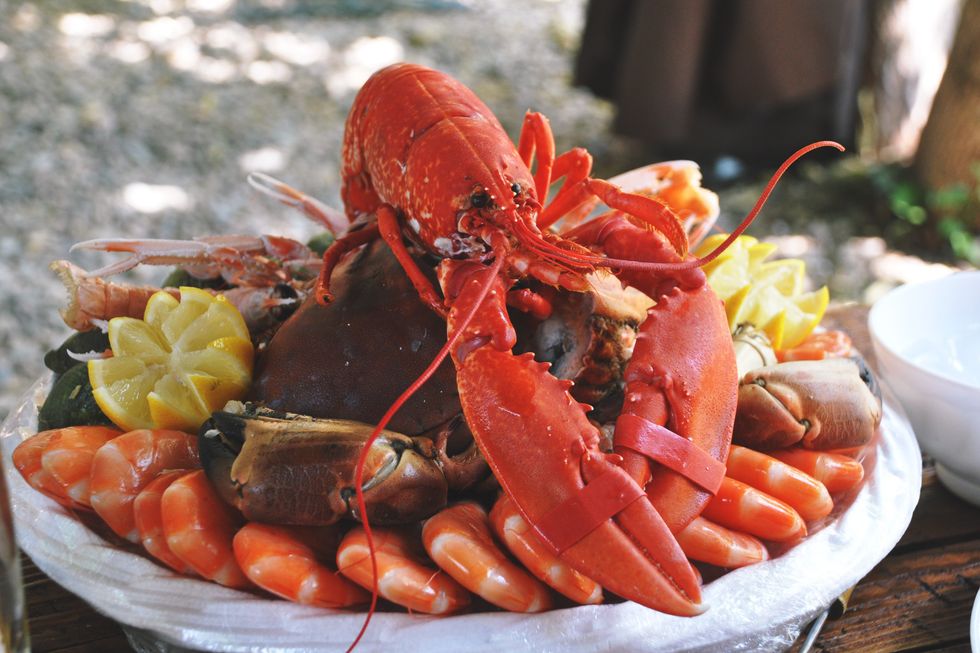 Free Images : american lobster, dish, new england clam bake ...
Free Images : american lobster, dish, new england clam bake ... vanilla flavor ice cream with chocolate syrup
Photo by
vanilla flavor ice cream with chocolate syrup
Photo by  File:Celebrity Silhouette (ship, 2011) 002.jpg - Wikimedia Commons
File:Celebrity Silhouette (ship, 2011) 002.jpg - Wikimedia Commons







